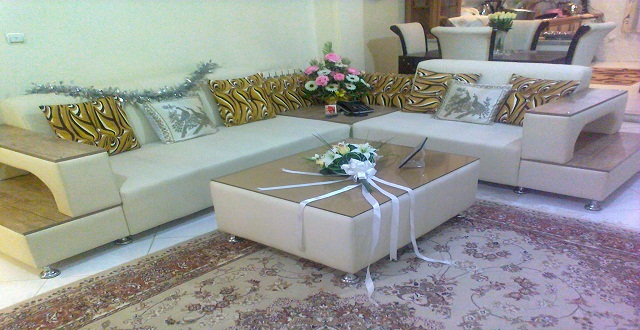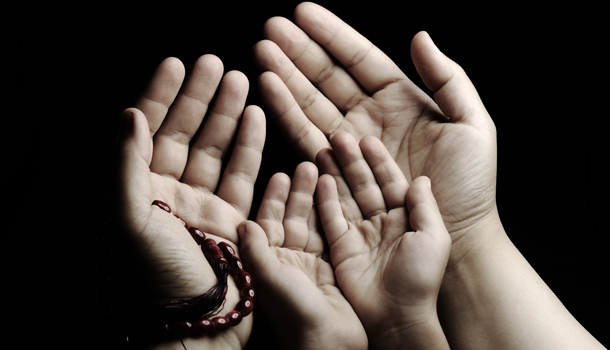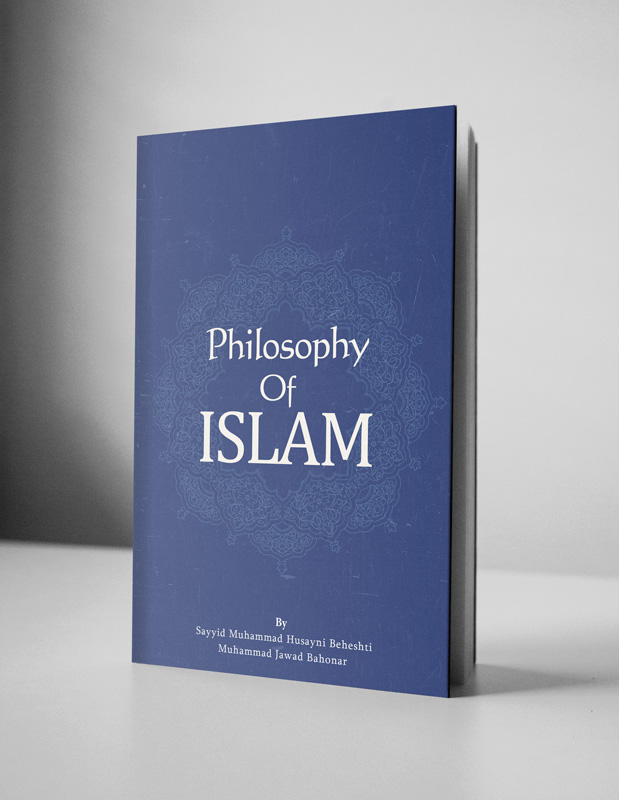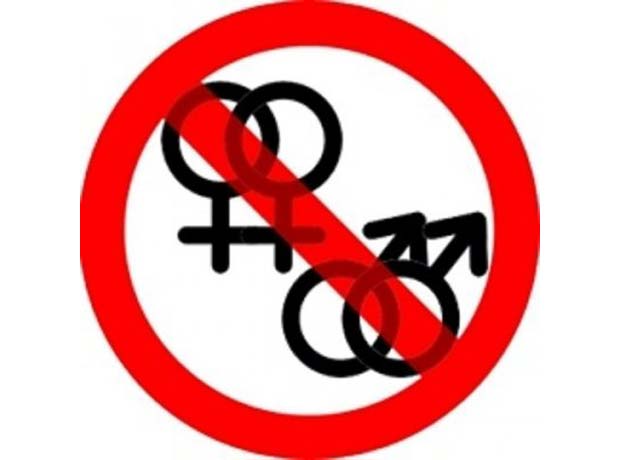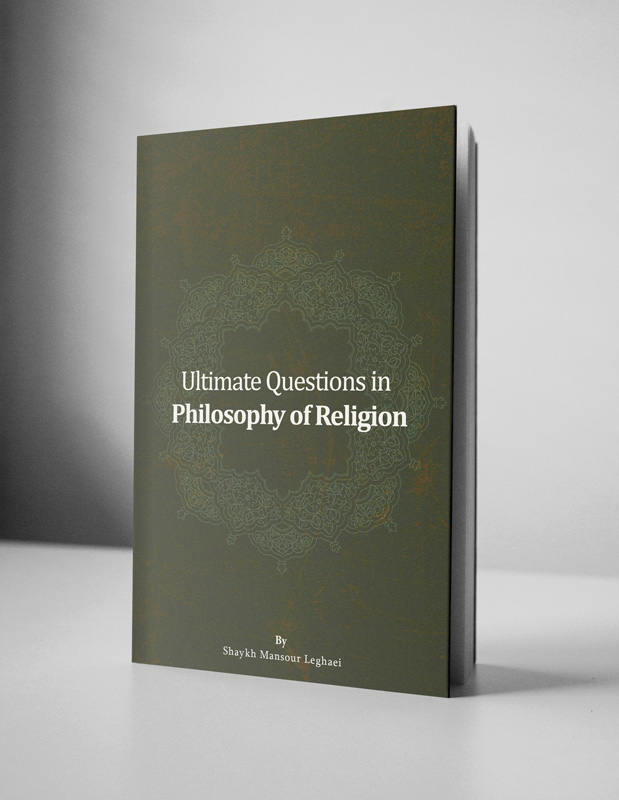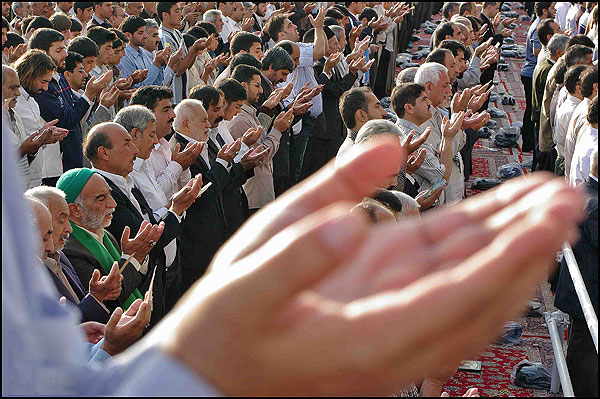What is the philosophy behind the dower for women?
In the Age of Ignorance, since the people did not attach any significance to the women, they would essentially place the dower of the women, which was their incontrovertible right, in the hands of their guardians and it was looked upon as the rightful property of the guardians. At times, they would even stipulate the dower of a woman to be the marriage of another woman; for example, a brother would give his sister in marriage to a person, who, in reciprocation, would marry his sister to him and this itself would be the dower of the two women.
Islam abrogated all these unjust customs and, allocating the dower as a categorical right of the women, has repeatedly counselled the men, in the verses of the Qur`an, to strictly and completely respect this right of the women.
In Islam, no fixed amount has been ascertained for the dower and it is reliant upon the understanding reached between the two spouses. However, in numerous traditions it has been greatly emphasized to refrain from stipulating a weighty dower, but this is a ruling which is recommended, not obligatory.
At this point the question which arises is that both man and woman benefit equally from the matrimonial alliance – an alliance that is based on mutual benefits. This being the case, what is the need for man to pay a sum, large or small, as dower to the woman? Also, does this issue not deal a blow to the personality of the woman and impart an appearance of trade and transaction to marriage?
It is in the light of the above points that some individuals vehemently oppose the issue of dower, especially West-stricken ones, who derive their inspiration from the fact that dower is a custom, unconventional in the West. Whereas (the reality is that) not only does the excision of the dower not elevate the personality of a woman, rather, it serves to jeopardize her position.
Explanation
Admittedly, both man and woman derive equal benefits out of a matrimonial alliance. Nevertheless there is no denying the fact that in the event of a divorce, the woman has to sustain a greater loss, since:
Firstly: Man, due to his special physical ability, generally possesses a greater control and yields greater influence in the society. However much people may seek to deny this outright reality in the course of their discussions, the state of human social life which we observe with our own eyes – even in the European societies, wherein women enjoy the so-called total freedom – reveals that high earning jobs are principally held by men.
In addition, men possess greater options when embarking upon another spouse-selection, but this is not so in the case of widows – especially after witnessing some aging and being deprived of their assets of youth and beauty – since the options that lie before them, in selecting a new spouse, are greatly diminished.
Considering these aspects, it becomes evident that the conveniences and resources which a woman loses after marriage is much more than what a man loses and so, in actuality, the dower is something which serves to indemnify a woman’s losses and a means for securing her future. Apart from this, the dower is also looked upon as a deterrent for man to seek separation and divorce.
Admittedly, the dower, according to the laws of Islam, becomes obligatory upon the husband as soon as the matrimonial alliance is entered into, and the wife is entitled to claim it from him immediately, but since it generally remains as an obligation upon the man, not only is it regarded as savings for her future but also a backing, which safeguards her rights and prevents the disintegration of her marriage alliance (of course exceptions do exist, but what we have stated holds true for the majority of the cases).
If there are people who have wrongly interpreted the dower as being a kind of ‘price-tag’ for the women, this meaning has no connection with Islam, for Islam has never looked upon the dower as a ‘cost’ or a ‘price’ of a commodity. The most excellent proof for this is the formula of marriage in which the ‘man’ and the ‘woman’ are officially looked upon as two fundamental parties of the marriage alliance whereas the dower is regarded as a surplus issue and is placed on the side-lines.
It is for this reason that if, in the formula of marriage, the dower is not mentioned, the formula does not become void whereas if, in a transaction, the amount is not stipulated, it would definitely become null and void (of course, it should be noted that if the dower has not been stated in the formula of marriage, the husband, after the consummation of marriage, is obliged to pay the wife mahr al-mithl (suitable dower), i.e. the dower, which is usually paid to women of similar and equal stature.)
From the above we conclude that the dower is a kind of ‘compensation of loss’ and ‘backing to safeguard the rights of a woman’ and not a ‘rate’ or a ‘price-tag’; probably, the use of the word nihlah – meaning largesse – in verse 4 of Suratul Nisa is an allusion to this very fact.

